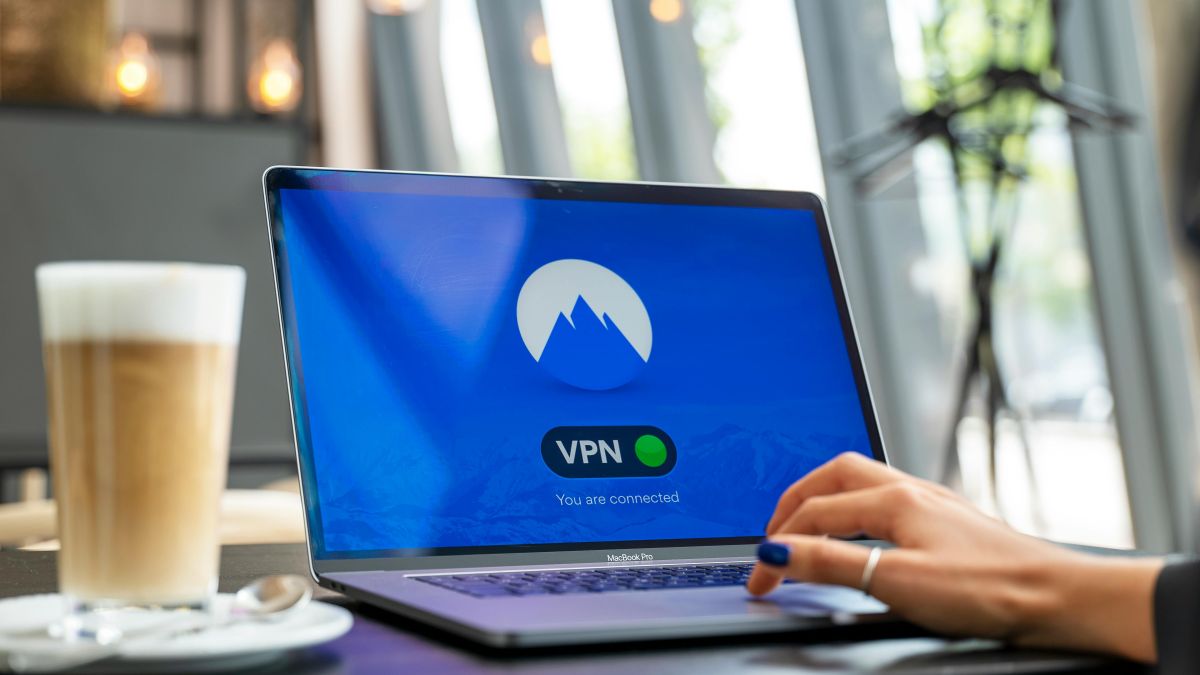JAKARTA - VPN (Virtual Private Network) is known as a tool that can protect user online data and activities. However, recently the use of free VPN services has not always provided the expected security. There are several important reasons why free VPN services can pose risks that could actually endanger your privacy and security in cyberspace.
One of the main problems that are often encountered in free VPN services is weak encryption. Many paid VPN services offer high and secure encryption standards, which are routinely checked and tested to ensure user data remains protected.
However, the implementation of high-quality encryption requires a large amount of money, so that free VPNs that have limited funds are generally unable to implement it. As a result, they often use old protocols such as PPTP (Point-to-Point Tunneling Protocol) which are prone to attacks and are more easily penetrated by maliciously-intentioned parties. With weak encryption, the data security you expect from a VPN becomes more vulnerable.
In addition, many free VPN services use data logging or user data collection as a way to cover operational costs. User data such as browsing history and other personal information are often recorded by this free VPN service and then sold to data intermediaries who then sell it to third parties, including online marketers and even government agencies. In fact, the main purpose of using VPN is to maintain privacy, but with the practice of this logging data, user privacy is at stake.
Unlike free VPNs, most paid VPNs have strict policies not to collect user data. This is not only for the sake of their reputation, but also for minimizing privacy risks if the data is hacked.
Another problem that often appears on free VPNs is the insertion of additional ads on web pages that you access or even replace native ads on sites you visit. This is done as one way for a free VPN to generate revenue.
Webpage modifications like these are actually quite risky, as in addition to disrupting browsing experiences, some of these additional ads may come from less secure ad networks and have the potential to spread malware to users' devices. This condition is certainly risky for user safety, because without realizing it their device can be infected by malicious programs that threaten data security.
However, the worst risk of a free VPN is if the VPN app turns out to be a dangerous app. Some free VPNs that are not very well known may contain malware that is infiltrated into their applications. This malware can work to steal user data or even infect the user's device system. Unlike a free VPN whose reputation is doubtful, well-known paid VPNs are generally more trustworthy for maintaining their reputation and continuing to improve security for their users.
SEE ALSO:
Even so, not all free VPNs have these problems. Some free VPN services such as ProtonVPN provide strong encryption and a policy without log, although the free service has server access restrictions.
ProtonVPN is developed by the same team as ProtonMail, which is known for their focus on privacy and security. If you only need a VPN for limited use and are not ready to subscribe to a paid VPN service, ProtonVPN can be a safe option.
In addition, paid VPN services often offer large discounts at certain moments such as Black Friday, so users can get safer services at affordable prices.
Overall, even though the free VPN sounds attractive, you have to be careful of the risks. If security and privacy are your top priority, choosing a trusted VPN service is the best step to keep your data safe from threats in cyberspace.
The English, Chinese, Japanese, Arabic, and French versions are automatically generated by the AI. So there may still be inaccuracies in translating, please always see Indonesian as our main language. (system supported by DigitalSiber.id)


















